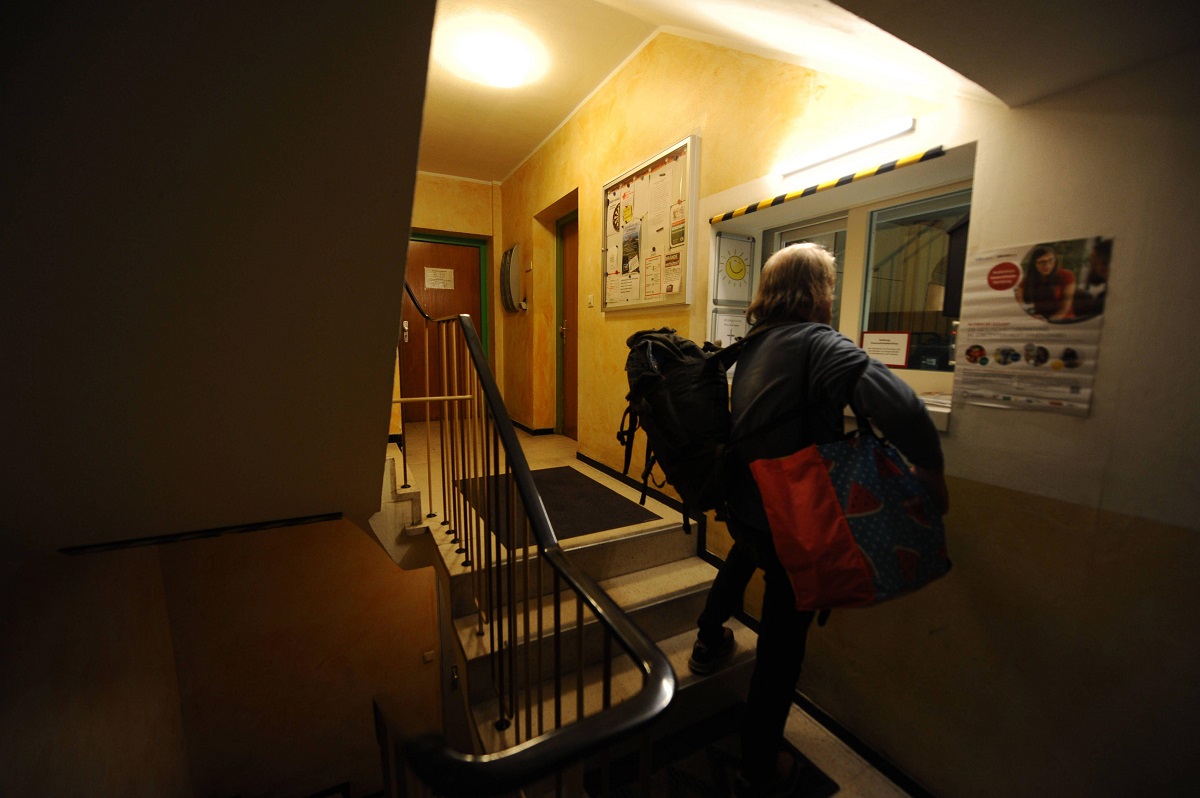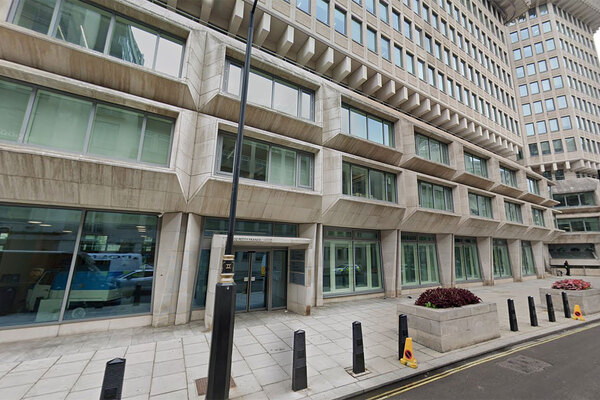You are viewing 1 of your 1 free articles
Cladding laws and long-term private rent controls in Scottish Programme for Government
The first minister of Scotland has committed to new cladding laws and long-term private sector rent controls in his Programme for Government.
As part of the plans, Humza Yousaf has promised to introduce a Cladding Remediation Bill that would create a new power to undertake urgent measures to remediate life-threatening cladding.
He also said Holyrood would seek the power to introduce a levy in Scotland mirroring England’s Building Safety Levy, which taxes residential developers to raise money for the replacement of dangerous cladding.
Housing minister Paul McLennan said it is “right that those who have profited from the construction of buildings with unsafe cladding contribute to the cost of fixing them”
He added: “We also remain committed to working with developers to agree a contract setting out their commitments to support the remediation of buildings that they developed.”
Meanwhile, the Scottish government reiterated its plans for a flagship housing bill that includes long-term rent controls for the private sector and new duties aimed at homelessness prevention.
Last week, homelessness in Scotland rose to higher than pre-pandemic levels, an increase of 9% over the previous year.
Mr Yousaf said he would consult on draft proposals for a heat in buildings bill to accelerate the transition to zero-carbon homes as part of a new draft climate plan.
The Programme for Government restated ministers’ commitment to delivering 110,000 affordable homes by 2032, of which at least 70% will be available for social rent and 10% in rural and island communities.
The government also plans to enable councils to apply a premium of up to 100% on council tax for second homes. If approved, the measure is expected to come into force by April 2024.
The programme also recommitted to £30m for the Fuel Insecurity Fund to help households at risk of fuel poverty.
The document said the Scottish government would invest £752m this year through its Affordable Housing Supply Programme and publish a Remote, Rural and Islands Housing Action Plan this autumn to help retain and attract people in rural and island communities.
Sally Thomas, chief executive of the Scottish Federation of Housing Associations, said the programme was “a missed opportunity” to “build many more” social homes.
She added: “What was needed was a reinvigorated Affordable Housing Supply Programme which reflects the spiralling costs of building new homes. At the current rate of construction, we simply will not achieve the government’s target of delivering 110,000 affordable homes by 2032.”
On the heat in buildings proposals she said: “While we look forward to the heat in buildings bill consultation, what we need most is certainty about the targets our members need to achieve in the coming years, and what support will be available.”
On the progression of plans to give councils more tax-raising powers on second homes, Katie Hagmann, resources spokesperson for Scottish local government organisation COSLA, said: “This means decisions can be made locally by the elected politicians closest to the people in their communities about what best suits local needs and circumstances.
“This is the Verity House Agreement in action, rightly giving councils greater flexibility for local decision-making to meet local need in their communities.”
Maria Francké, chair of the Scottish Property Federation, which represents developers, said the government’s rent control plan “fails to get to the root cause of the issues”.
She added: “We are simply not building enough homes across all tenures. Until Scotland can attract the investment to deliver more new homes on a sustained basis, we will fail to keep pace with the demand for rented accommodation.”
Sign up for our Scotland newsletter
Already have an account? Click here to manage your newsletters












